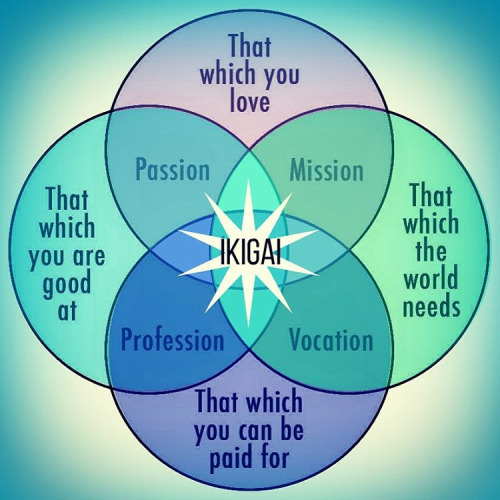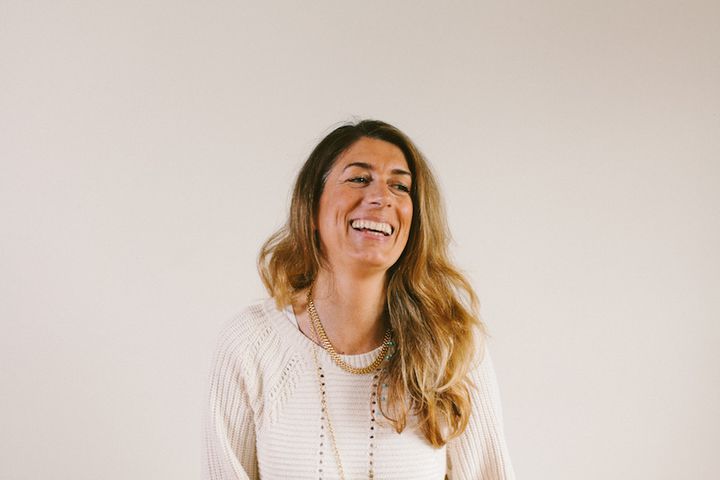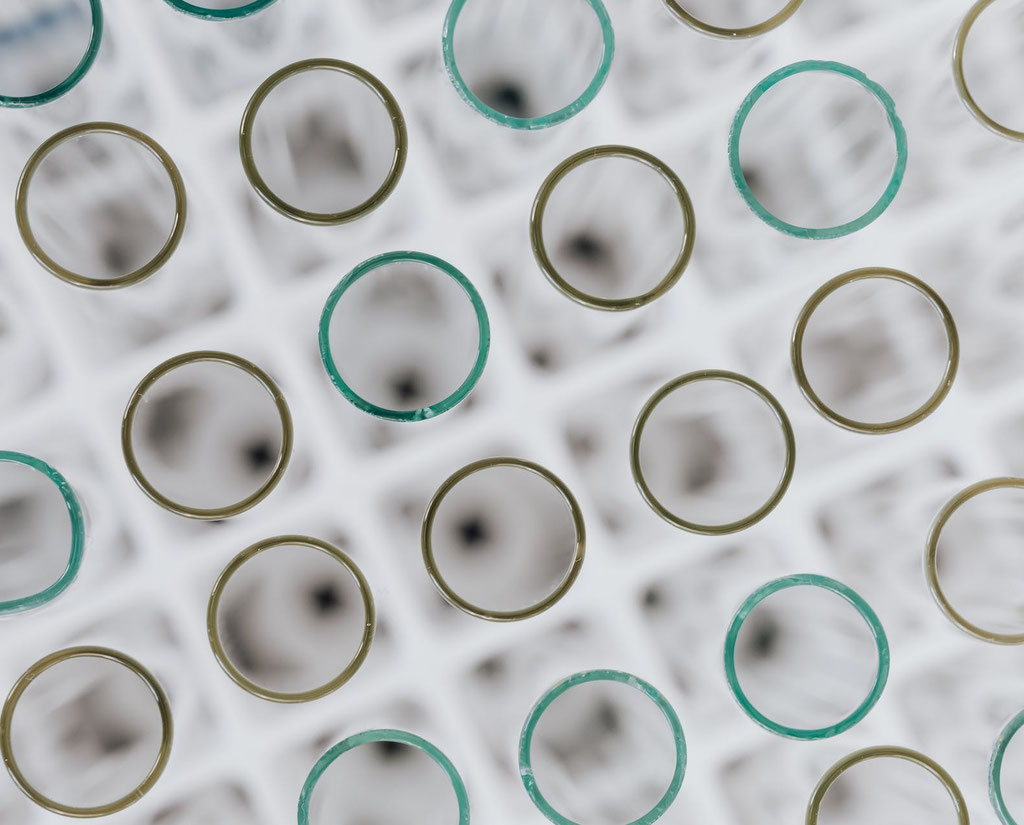
by Rosanne Warmerdam
Whether machines and technology make labor unnecessary or a currency collapse makes jobs obsolete is a moot point. Somewhere between Utopia and total anarchy, it’s always important to consider:
- What would you do if you could do whatever you wanted?
- Why would you do that?
Do you want to live longer, happier, and healthier? Discovering your ikigai can make a huge difference. I almost hear you thinking… what is ikigai? Before we are going to refresh your Japanese, I want to introduce you to the Blue Zones. Maybe you already heard of it or maybe not. Dan Buettner together with a research group of National Geographic asked themselves a question, what do people that reach their 100th birthday do different than the average person? They packed their bags and traveled the world to find some answers. They found some treasures along the way that we want to share! The team of experts from National Geographic and Dan Buettner knew that the key to longevity was found in lifestyle and environment. Because several studies, for example, The Danish Twin Study found that genes determine only 20% of how long the average person lives. The other 80% is determined by our lifestyle and environment. So they went on a search to find places with the highest life expectancy, or with the highest proportions of people who reach 100. They found 5 places in the world where people live longer are happier and healthier.
They called these places Blue Zones, and they are located at: Nicoya Peninsula. Costa Rica; Barbagia region of Sardinia Seventh Day Adventist; Loma Linda, California; Ikaria, Greece Okinawa, Japan.
What do these areas have in common and why do people live longer and better at these places? They assembled a team of medical researchers, anthropologists, demographers, and epidemiologists to search for evidence-based common denominators among all places. They found 9, which they called the Power 9!
Do you want to know the Power 9? I can imagine you've become curious at this point.
So here they are:
1. Move naturally
The world’s longest-lived people don’t go to the gym or play sports! Can you imagine!? Instead, they live in environments that make them move all the time without thinking about it. For example, they grow gardens but don’t have mechanical conveniences to help them. So grab that shovel and start working in the garden again.
2. Purpose
This is where the term ikigai comes in. It’s a Japanese saying that can be translated into “Why I get up in the morning”. The Nicoyans called it “plan de vida”, your purpose of life. They found that knowing your sense of purpose is worth seven years of extra life expectancy!

3. Downshift
The people in the Blue Zones don’t live in a happy paradise where everything is okay. They are just normal people that face the same challenges as everybody else. They even experience stress. We know that stress leads to chronic inflammation that is associated with every major disease out there. But why can they cope with it better? The people in Blue Zones have routines to reduce stress! Okinawans take a few moments each day to remember their ancestors, Adventists pray, Ikarians take a nap and Sardinians do happy hour. What routine do you have to reduce stress?
4. 80% rule
The world's longest-lived know when to stop eating! They stop eating when their stomachs are 80% full. The Okinawan’s even have a mantra for it that they say before every meal “Hara hachi bu”. The 80% rule can be the difference between losing weight or gaining it.
5. Plant slant
Beans, beans, beans… they are the cornerstone of most centenarian (people that are 100+ years old) diets! They eat meat but only in moderation which means on average 5 times per month. Then they only eat ±100 grams of it.
6. Wine at 5pm
What a relief! In most of the Blue Zone regions (except for the Seventh Day Adventists) alcohol is consumed. But here is the trick… they are moderate drinkers! They only drink 1–2 glasses a day, with friends or food. And we will answer the next question right away: No, you can’t save them up for the weekend!
7. Belong
From all the 263 centenarians they interviewed during the study 258 belonged to some faith-based community. Research shows that attending faith-based services four times per month will add 4–14 years of life expectancy.
8. Loved ones first
Another thing they have in common is that people that live in a Blue Zone put their families first. This means that they keep aging parents and grandparents nearby or in the home. They commit to a life partner and invest in their children with time and love.
9. Right tribe
It seems to be important to live in social circles that support healthy behaviors. Okinawans created “moais”, groups of five friends that committed to each other for life. Research shows that smoking, obesity, happiness, and even loneliness are contagious. So the social networks of long-lived people have favorably shaped their health behaviors. But let’s be honest to make it to age 100, you have to have a little bit of luck in the genetic lottery. But most of us have the capacity to make it well into our early 90’s and largely without chronic disease.
So a healthy lifestyle and environment can easily at 10–15 healthy years to your life expectancy! I think this kind of science and research is so extremely inspiring, why? Because it shows that what we do on a daily basis matters! I love the fact that most cultures in the Blue Zones don’t have a word for retirement. They always have a reason to get up in the morning beside their job title. They invest time and energy into finding their ikigai. They belong on this world and have a role to play! This shows that it can help us to become older, happier, and healthier if we invest time and energy in finding “our reason to get up in the morning”!
It can be anything… but make sure that you know it. A quote that we came up with during the creation of Living Life Lab summarizes it beautifully: “Your daily routine tells you if you are living your dream” I think it’s so awesome that we live in a world in which people like Dan Buettner asks themselves a question, go on an adventure, and come home with such powerful, simple, and applicable knowledge that can help everybody!
Originally posted at medium.com








